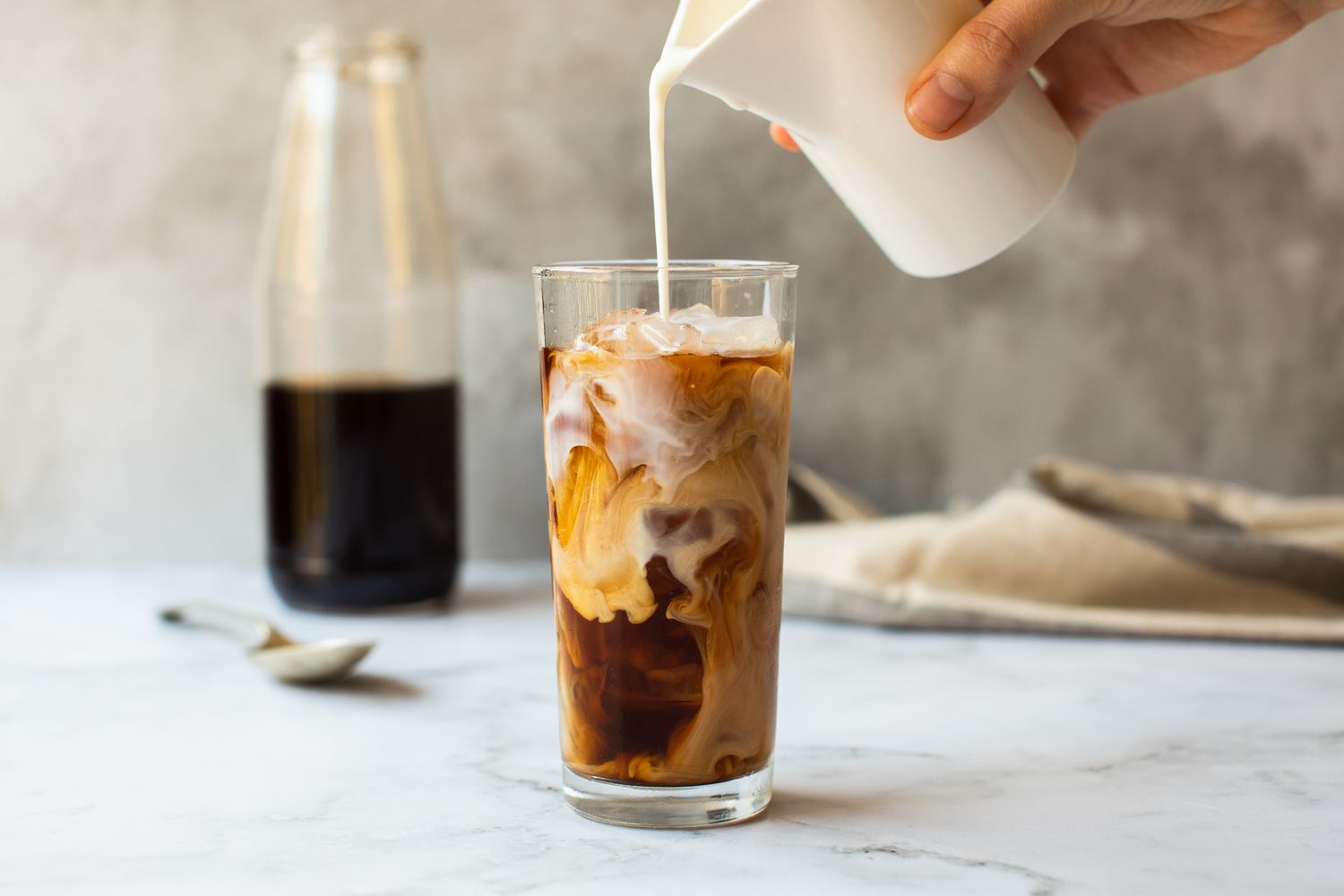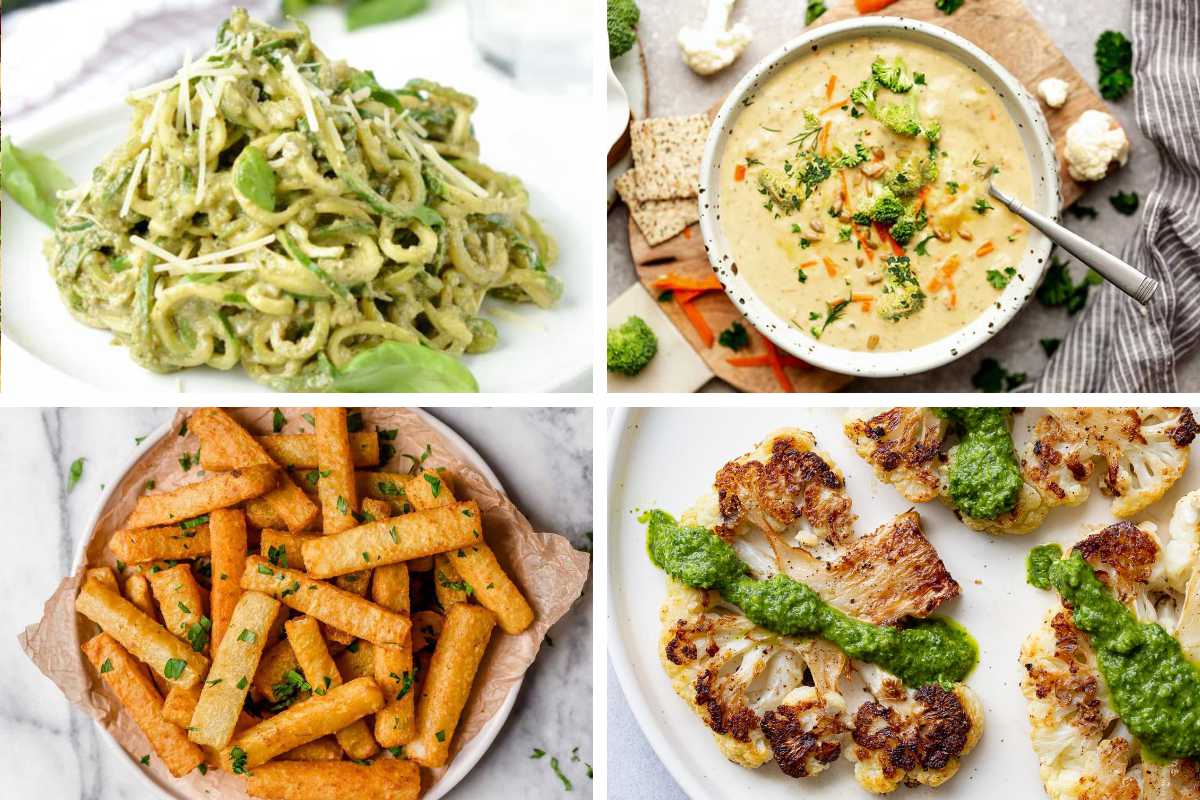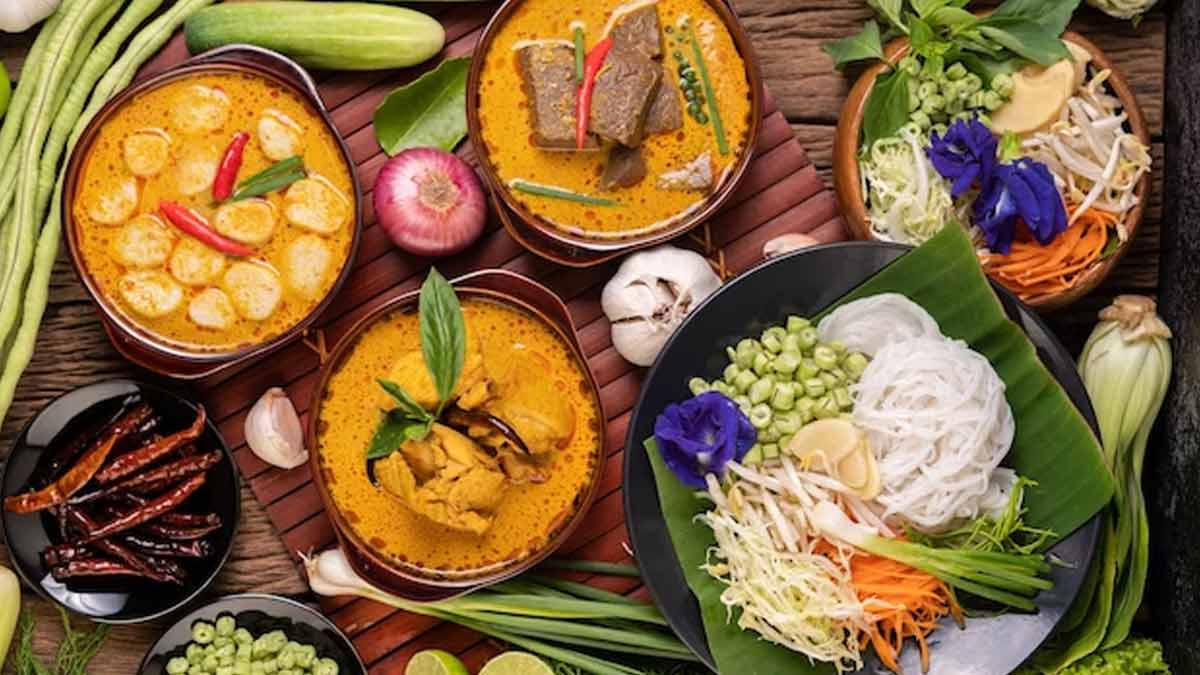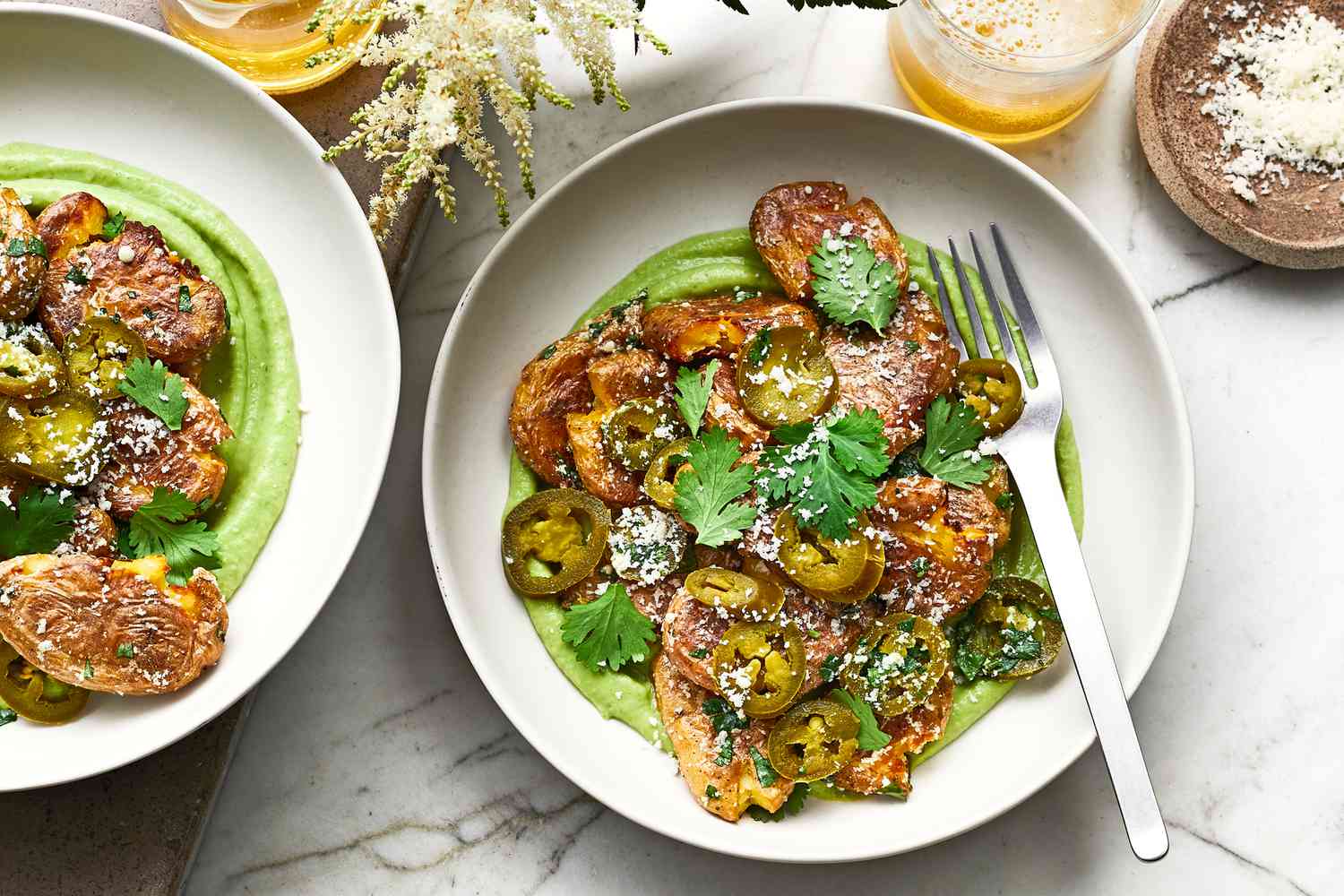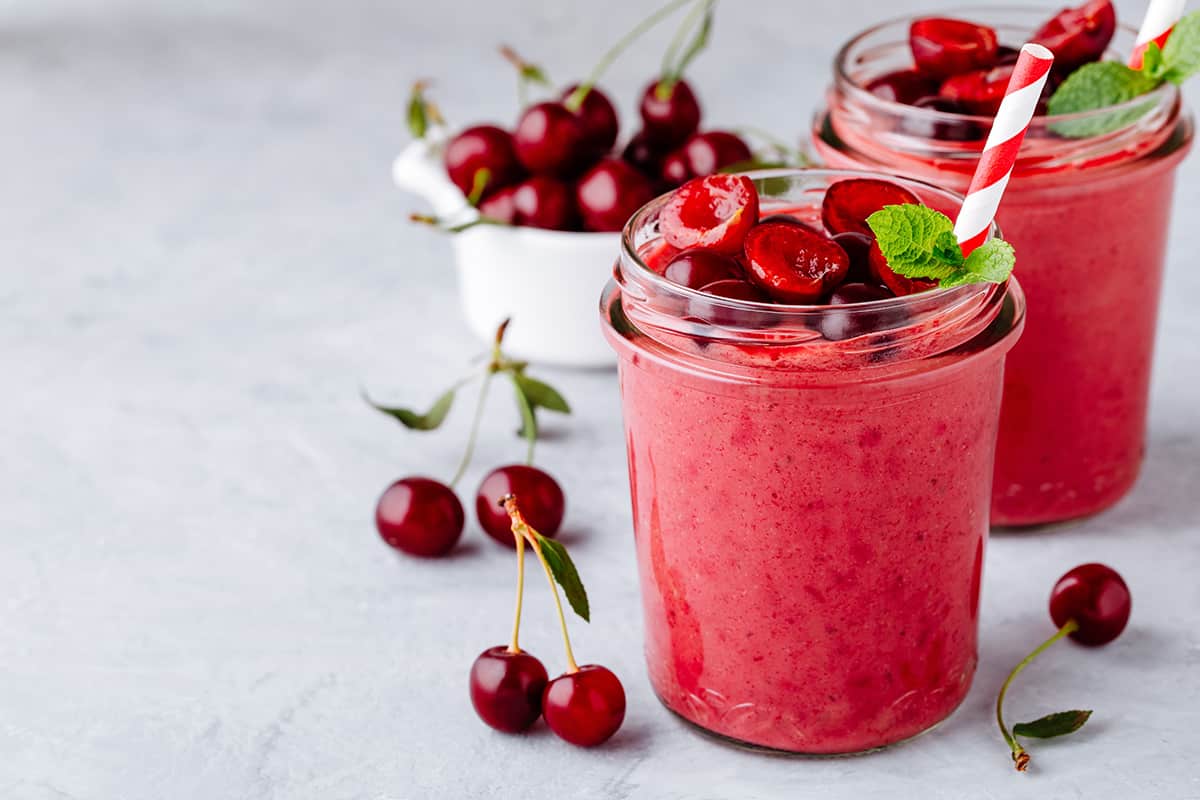Unlock Your Colon’s Potential: The Game-Changing Diet Plan to Shrink Polyps, Dodge Dangers, and Recover Like a Pro

Imagine discovering that what you put on your plate could be the secret weapon against colon polyps—those sneaky growths that lurk in your colon and raise the alarm for colon health. If you've been diagnosed with a colon polyp or are recovering from colon surgery, you're not alone. Millions grapple with these issues annually, but here's the empowering truth: "Can diet affect colon polyps?" Absolutely, and science backs it up. A strategic colon polyp diet plan isn't just about restriction; it's about fueling your body to shrink polyps, prevent recurrence, and support overall colon health.
In this in-depth guide, we'll unpack everything from evidence-based foods that may help shrink colon polyps to "what foods to avoid if you have polyps" and "what not to eat after colon surgery." Drawing from expert insights, we'll craft a practical, delicious plan to reclaim your vitality. Whether you're preventing polyps or healing post-op, these tips could transform your gut game. Let's dive in—your healthier colon starts here.
Can Diet Affect Colon Polyps? The Science Says Yes
The question "can diet affect colon polyps" is a game-changer for anyone prioritizing colon health. Colon polyps are abnormal growths in the colon lining that can be benign but may turn cancerous if ignored. Research shows diet plays a pivotal role in their formation, growth, and even regression.
High-fiber diets rich in fruits, vegetables, and whole grains are linked to lower polyp risk by promoting regular bowel movements and reducing inflammation. A study in the National Institutes of Health found that increased vegetable fiber intake correlates with fewer incident colon polyps, acting like a natural broom for the colon. Conversely, diets heavy in processed meats and sugars fuel inflammation and insulin resistance, potentially accelerating polyp development.
Maintaining a healthy weight amplifies these effects—obesity is a known polyp promoter. Omega-3 fatty acids from fish and nuts may suppress inflammatory pathways, while calcium from dairy could bind carcinogens in the gut. Bottom line: Yes, diet profoundly affects colon polyps. By adopting a colon polyp diet plan focused on anti-inflammatory, nutrient-dense foods, you can tip the scales toward prevention and even shrinkage. It's not magic—it's microbiome magic, nurturing the good bacteria that guard your colon health.
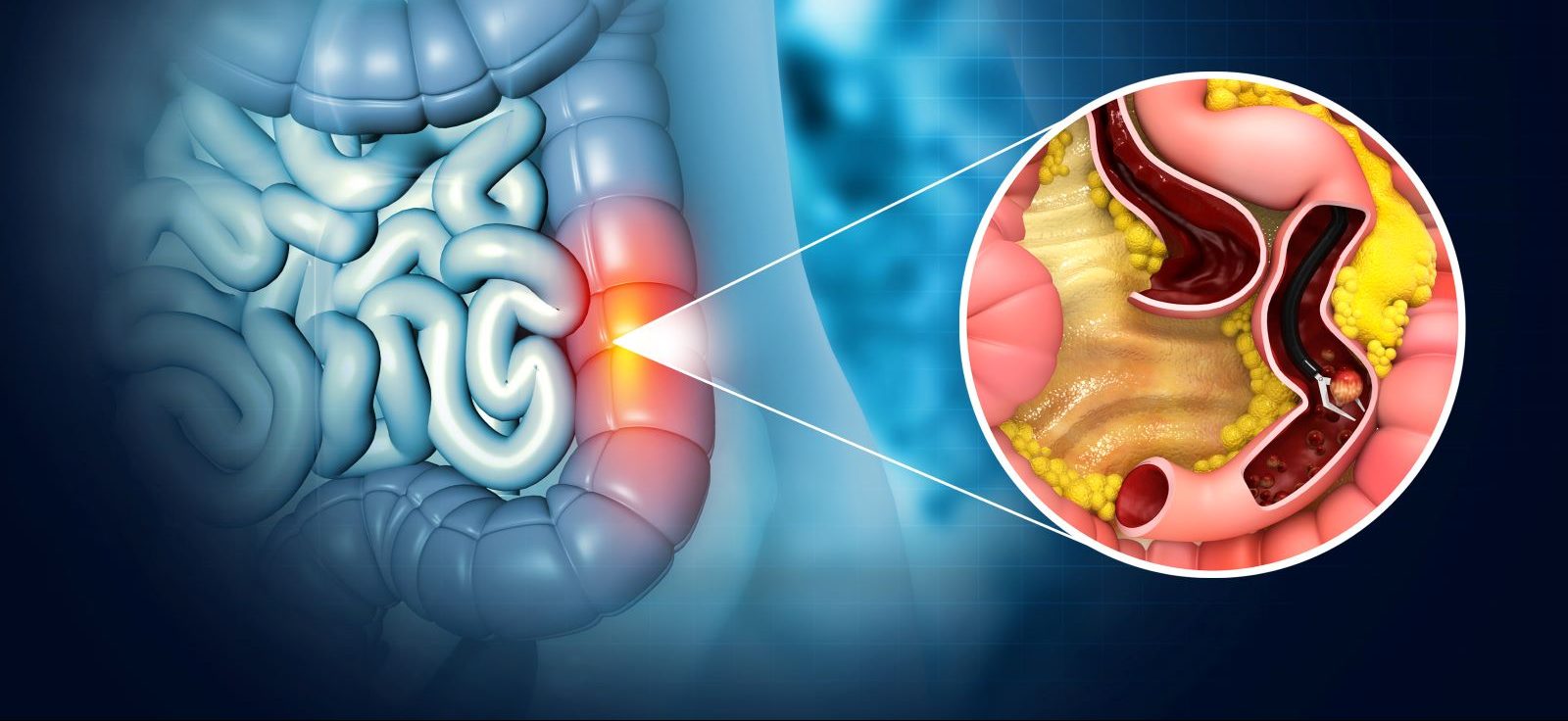
Crafting Your Colon Polyp Diet Plan: A Week-Long Blueprint for Success
A solid colon polyp diet plan emphasizes balance: 25-30 grams of fiber daily, plenty of antioxidants, and limited processed fare. This isn't a fad—it's a sustainable shift for lifelong colon health. Start with whole foods, hydrate (aim for 8-10 glasses of water), and pair with exercise for max impact.
Core Principles:
- Fiber First: Soluble fiber from oats and beans softens stool; insoluble from veggies adds bulk.
- Anti-Inflammatory Powerhouses: Turmeric, berries, and fatty fish combat polyp-promoting swelling.
- Portion Wisdom: Fill half your plate with veggies, a quarter with lean protein, and a quarter with grains.
- Tracking Tip: Use an app to log fiber intake and monitor how foods affect digestion.
Here's a sample 7-day colon polyp diet plan, calibrated at ~2,000 calories for average adults (adjust as needed). It incorporates foods that may help shrink colon polyps while supporting post-surgery recovery.
| Day | Breakfast | Lunch | Dinner | Snacks | Fiber (g) |
|---|---|---|---|---|---|
| 1 | Oatmeal with berries & walnuts (fiber boost) | Quinoa salad with grilled chicken, spinach, & lemon dressing | Baked salmon with steamed broccoli & brown rice | Apple slices with almond butter | 28 |
| 2 | Greek yogurt parfait with chia seeds & kiwi | Lentil soup with carrots & whole-grain roll | Turkey stir-fry with bell peppers & zucchini | Carrot sticks with hummus | 30 |
| 3 | Smoothie: Banana, spinach, flaxseeds, & almond milk | Chickpea salad with tomatoes & cucumber | Grilled tofu with asparagus & quinoa | Handful of mixed nuts | 27 |
| 4 | Whole-grain toast with avocado & poached egg | Tuna wrap in lettuce leaves with mixed greens | Veggie stir-fry with shrimp & farro | Pear & cheese stick | 29 |
| 5 | Chia pudding with mango & pumpkin seeds | Black bean bowl with corn & salsa (mild) | Baked cod with Brussels sprouts & sweet potato | Yogurt with honey | 31 |
| 6 | Buckwheat pancakes with strawberries | Kale salad with beets, feta, & vinaigrette | Chicken kebabs with eggplant & couscous | Celery with peanut butter | 26 |
| 7 | Overnight oats with apples & cinnamon | Veggie burger on whole-wheat bun with side salad | Lentil curry with cauliflower rice | Orange segments | 28 |
This plan draws from recommendations like those from the NIDDK, prioritizing fruits, veggies, and legumes to lower polyp odds. Pro tip: Introduce fiber gradually if post-surgery to avoid bloating—start low and build.

Foods That Shrink Colon Polyps: Nature's Tiny Warriors
Wondering about "foods that shrink colon polyps"? While no food is a miracle cure, certain powerhouses show promise in reducing size or preventing growth through anti-inflammatory and antioxidant effects. Focus on these for your colon polyp diet plan:
- Berries (Blueberries, Strawberries): Packed with ellagic acid, they neutralize free radicals that fuel polyp growth. Studies suggest daily intake may lower recurrence by 20%.
- Cruciferous Veggies (Broccoli, Cauliflower): Sulforaphane compounds detoxify carcinogens—eat steamed for easy digestion.
- Fatty Fish (Salmon, Mackerel): Omega-3s reduce colon inflammation; aim for twice weekly.
- Legumes (Beans, Lentils): High in folate and fiber, they bind toxins and support healthy cell turnover.
- Nuts & Seeds (Walnuts, Flaxseeds): Lignans here mimic estrogen blockers, potentially shrinking hormone-sensitive polyps.
- Whole Grains (Oats, Brown Rice): Beta-glucan fiber ferments into short-chain fatty acids that nourish colon cells.
Incorporate these liberally— a handful of walnuts daily or a berry smoothie could be your polyp-shrinking ritual. For colon health, pair with vitamin D-rich foods like fortified yogurt to enhance absorption.
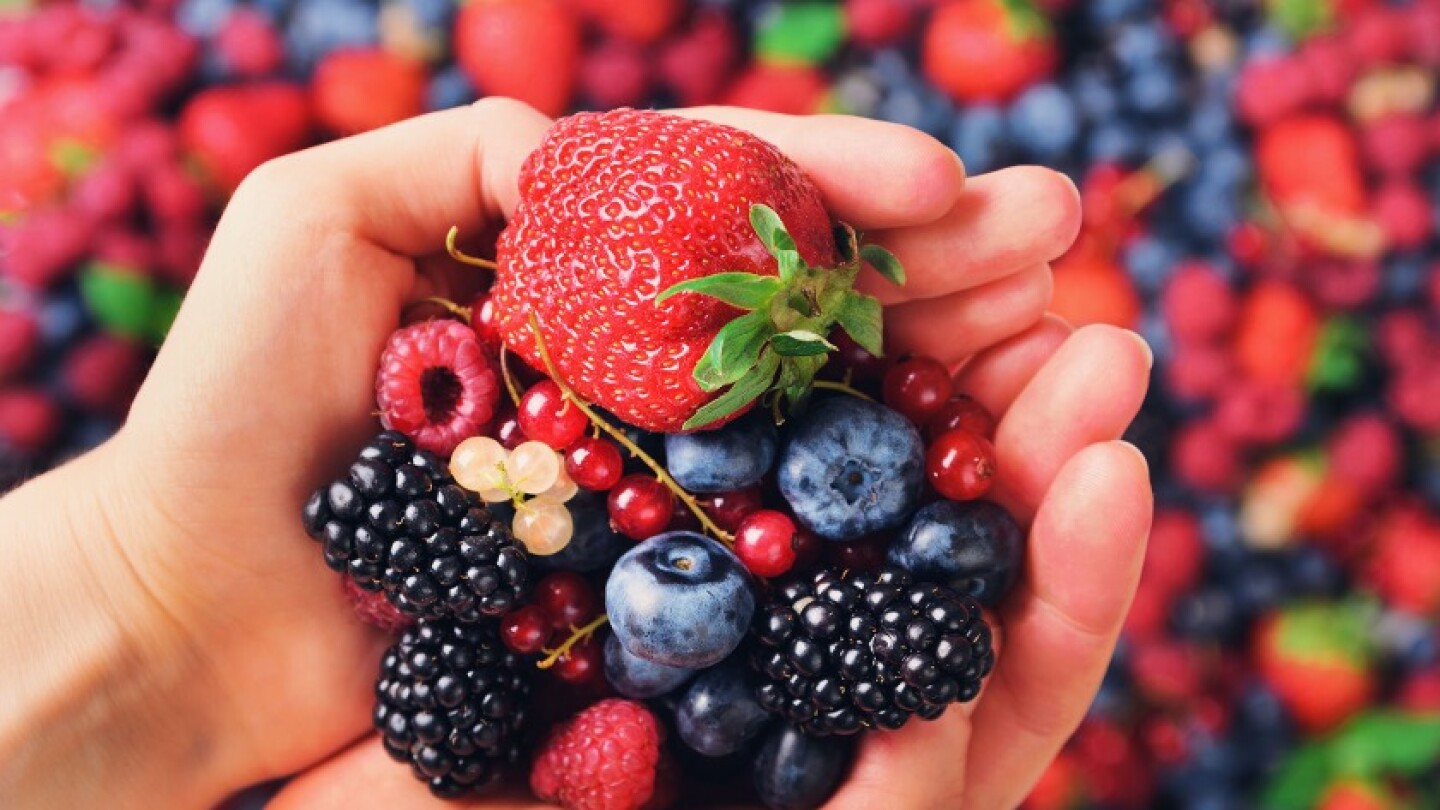
What Foods to Avoid If You Have Polyps: Steer Clear of These Traps
Knowledge is power, but avoidance is protection. "What foods to avoid if you have polyps" boils down to irritants that spike inflammation or slow transit, giving polyps free rein.
Top offenders:
- Red & Processed Meats (Beef, Bacon, Hot Dogs): Nitrates and heme iron promote carcinogens—limit to once weekly or less.
- Fried & Fatty Foods (Chips, French Fries): Trans fats clog the gut and fuel oxidative stress.
- Sugary Treats (Soda, Candy, Pastries): They spike insulin, linked to polyp proliferation.
- Refined Grains (White Bread, Pastries): Low fiber means poor detox—swap for whole versions.
- Alcohol & Caffeine Excess: They dehydrate and irritate the lining; cap at one drink daily.
Post-polypectomy, these can hinder healing. Opt for grilling over frying and herbal teas over soda for seamless colon health.

What Not to Eat After Colon Surgery: Safeguard Your Recovery
If you've undergone colon surgery (like polypectomy or resection), "what not to eat after colon surgery" is crucial for avoiding complications like leaks or blockages. Your gut needs TLC—start with clear liquids, progress slowly.
Immediate no-gos (first 1-2 weeks):
- High-Fiber Raw Foods (Salads, Nuts): They bulk stool too fast—wait 4 weeks.
- Gas-Inducers (Beans, Carbonated Drinks, Broccoli Initially): Bloating strains incisions.
- Fatty/Greasy Items (Butter, Fried Chicken): Slow digestion, risking nausea.
- Spicy or Acidic (Hot Sauce, Citrus): Irritate the surgical site.
- Tough Textures (Popcorn, Seeds, Chewy Meats): Hard to pass through healing bowels.
- Dairy if Lactose-Intolerant: Opt for lactose-free until tolerated.
Transition wisely: Soft-cooked veggies over raw, lean proteins over fatty. Hydrate and chew thoroughly—small meals every 3 hours prevent overload. By week 4, ease into the full colon polyp diet plan for sustained colon health.

Long-Term Colon Health: Beyond the Plate
A colon polyp diet plan is your foundation, but layer on habits: 150 minutes of weekly exercise, no smoking, and regular screenings. Stress management via yoga aids gut-brain harmony.
In conclusion, embracing this colon polyp diet plan answers "can diet affect colon polyps" with a resounding yes—empowering you to shrink risks, avoid pitfalls, and heal robustly post-surgery. From berry-packed breakfasts to ditching processed meats, small swaps yield big wins for colon health. Consult your doctor for personalization, but start today: Your gut will thank you with renewed energy and peace of mind. Here's to a polyp-free, vibrant life!

